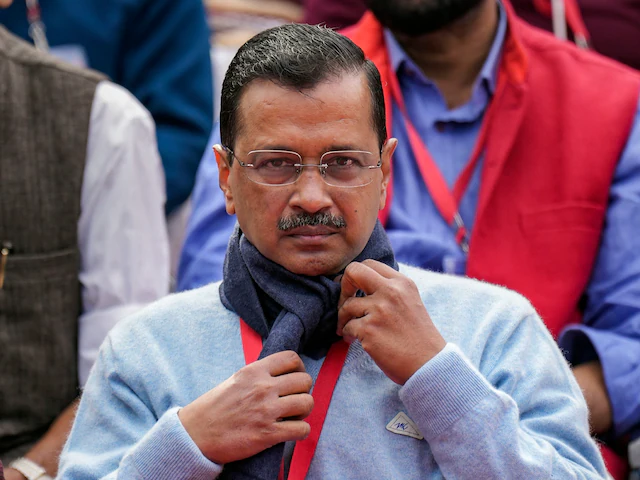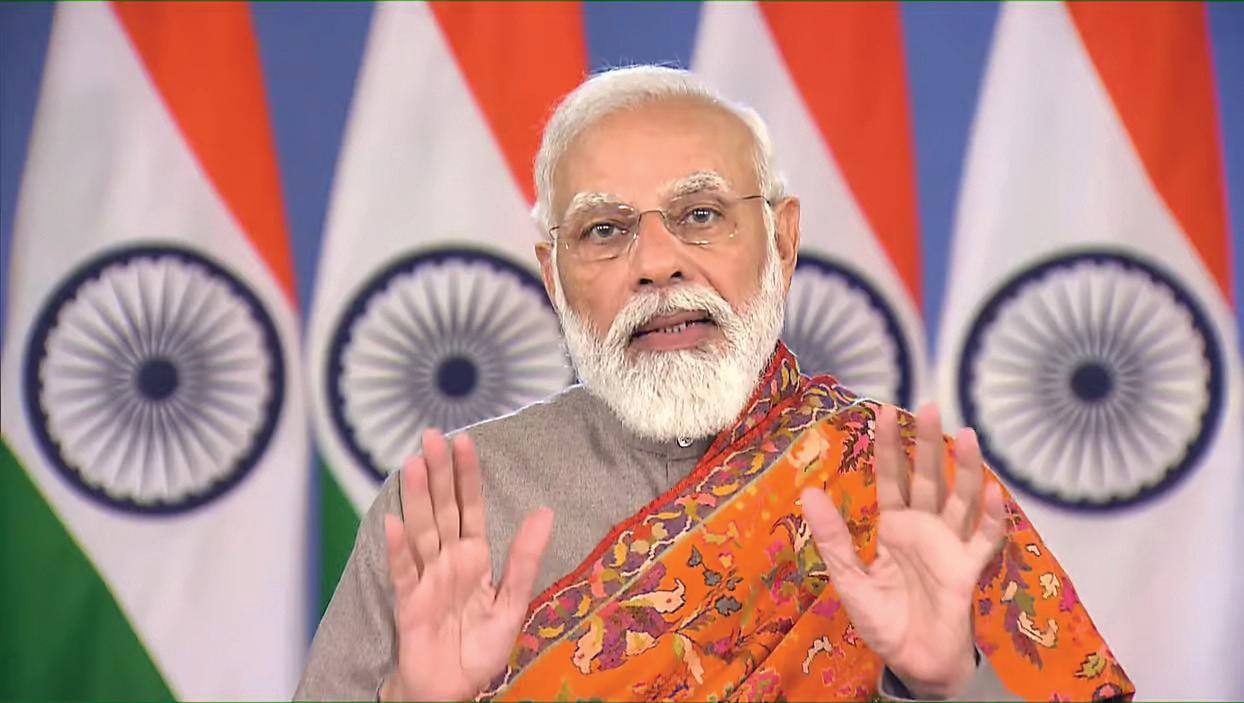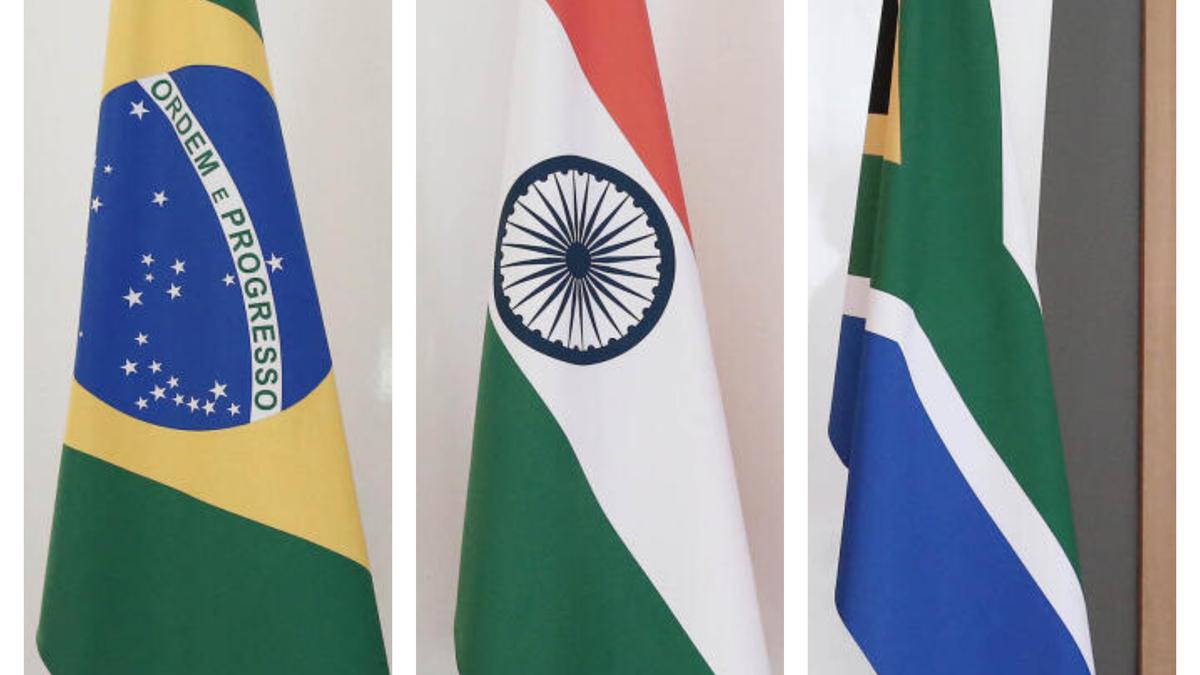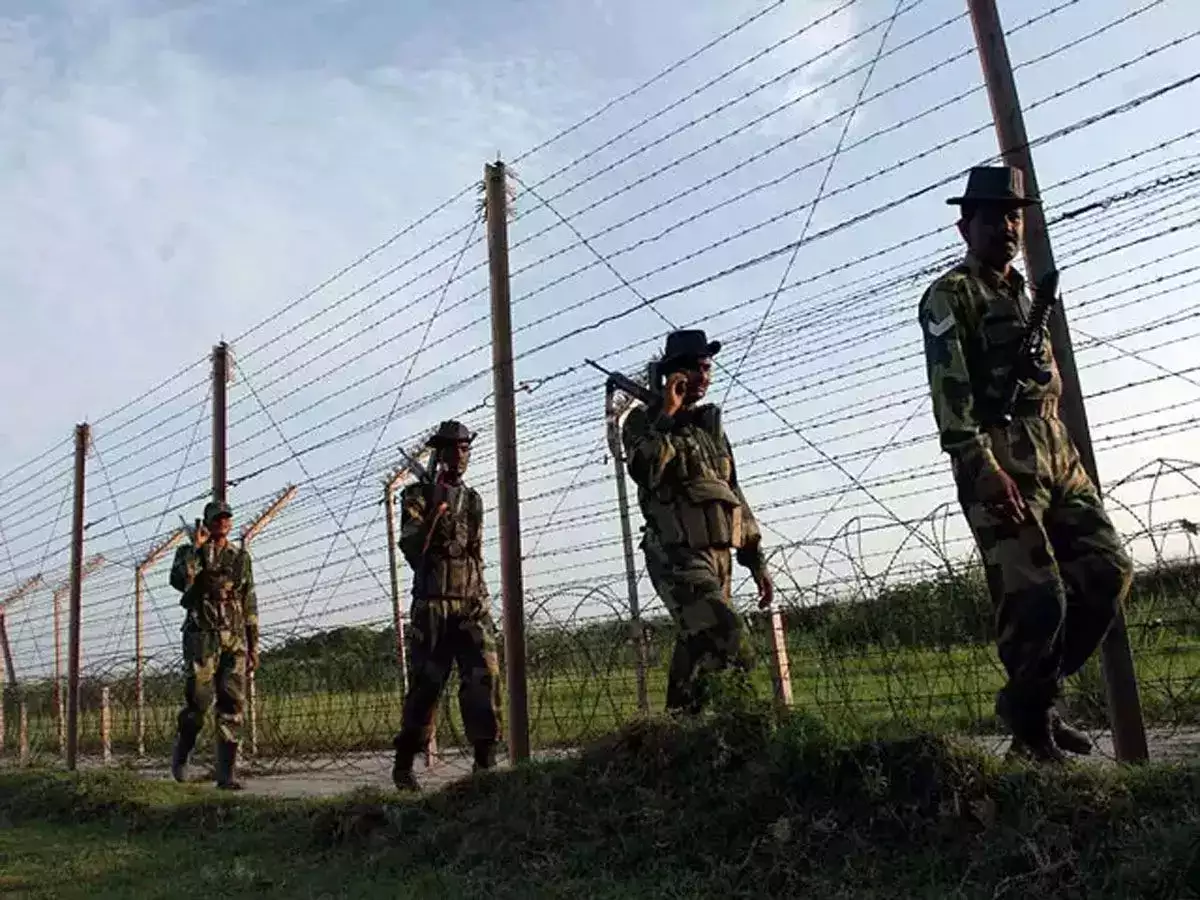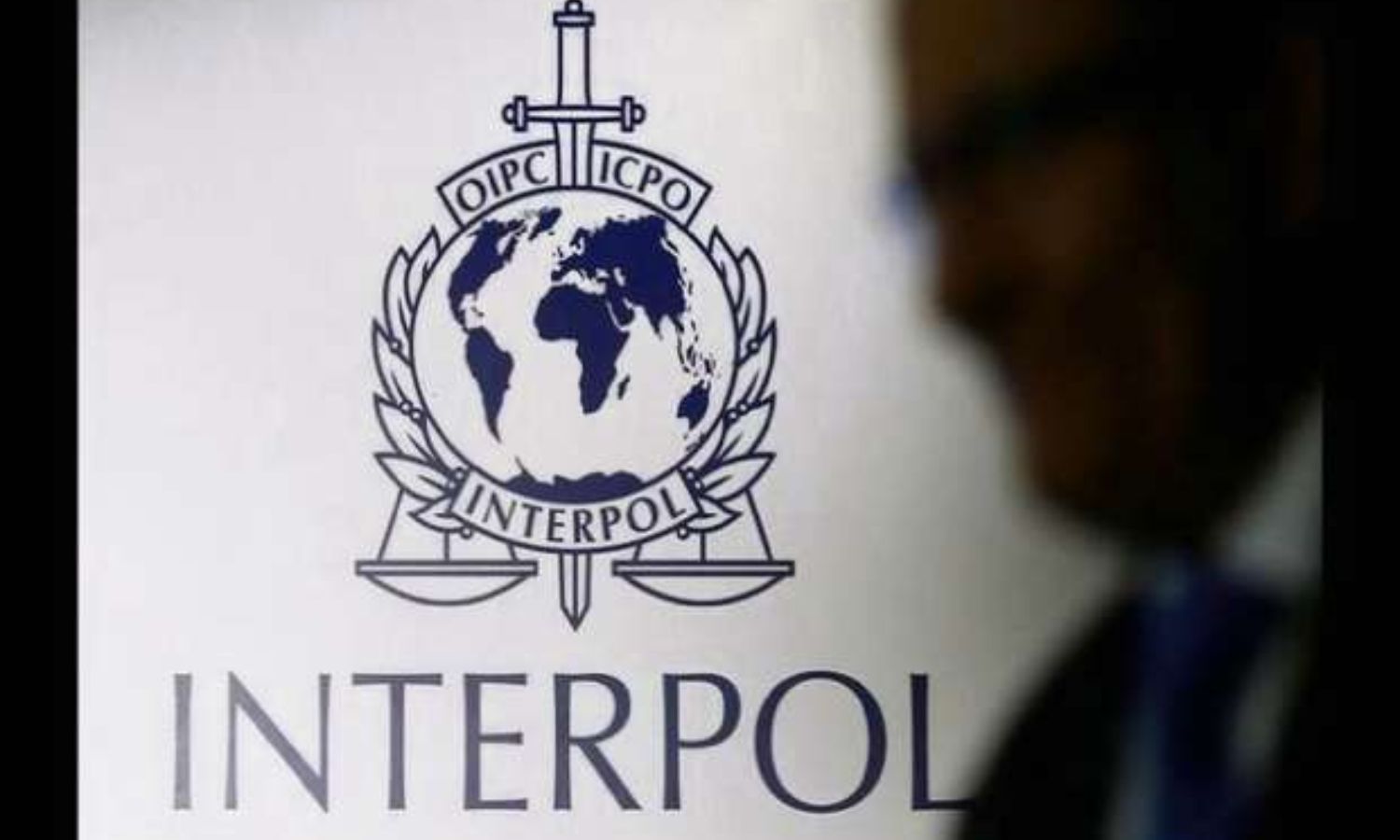Policy&Politics
I’m feeling suffocated by this turn of events
https://www.lokmattimes.com/maharashtra/im-feeling-suffocated-by-this-turn-of-events-a475/
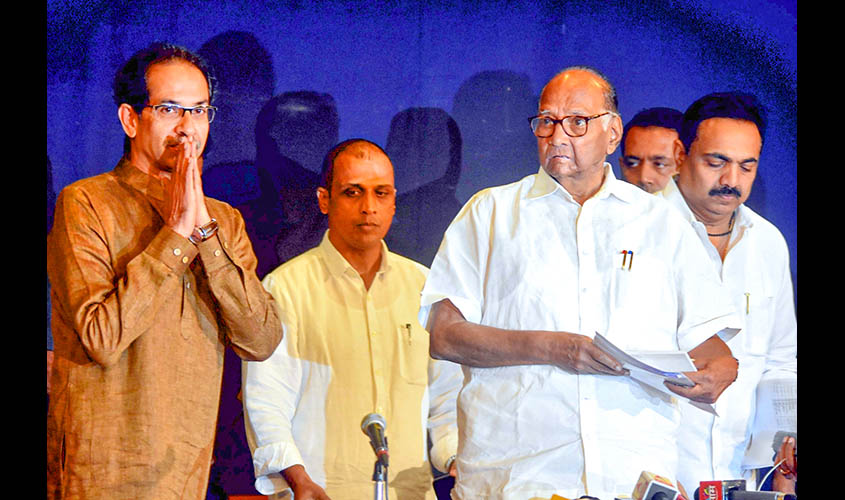
The Daily Guardian is now on Telegram. Click here to join our channel (@thedailyguardian) and stay updated with the latest headlines.
For the latest news Download The Daily Guardian App.
Policy&Politics
Kejriwal unveils ‘Guarantee’ for LS Polls: AAP’s pledge for change
Economy
Macro & financial stability, boost to infra, extended PLI likely key areas in Modi 3.0
Policy&Politics
Govt extends date for submission of R&D proposals
Policy&Politics
India, Brazil, South Africa to press for labour & social issues, sustainability
Policy&Politics
India to spend USD 3.7 billion to fence Myanmar border
Policy&Politics
ONLY 2-3% RECOVERED FROM $2-3 TN ANNUAL ILLEGAL TRADE THROUGH BANKING: INTERPOL
-

 Opinion3 years ago
Opinion3 years agoPakistan-China nexus trying to sow doubts in Indian society about governance systems
-

 Entertainment8 years ago
Entertainment8 years agoThe final 6 ‘Game of Thrones’ episodes might feel like a full season
-

 Entertainment8 years ago
Entertainment8 years agoThe old and New Edition cast comes together to perform
-

 Fashion8 years ago
Fashion8 years agoThese ’90s fashion trends are making a comeback in 2017
-

 Opinion4 years ago
Opinion4 years agoEnvironment day with a missing spring and lost souls
-

 Entertainment8 years ago
Entertainment8 years agoNew Season 8 Walking Dead trailer flashes forward in time
-

 Politics8 years ago
Politics8 years agoIllinois’ financial crisis could bring the state to a halt
-

 Entertainment8 years ago
Entertainment8 years agoMod turns ‘Counter-Strike’ into a ‘Tekken’ clone with fighting chickens

